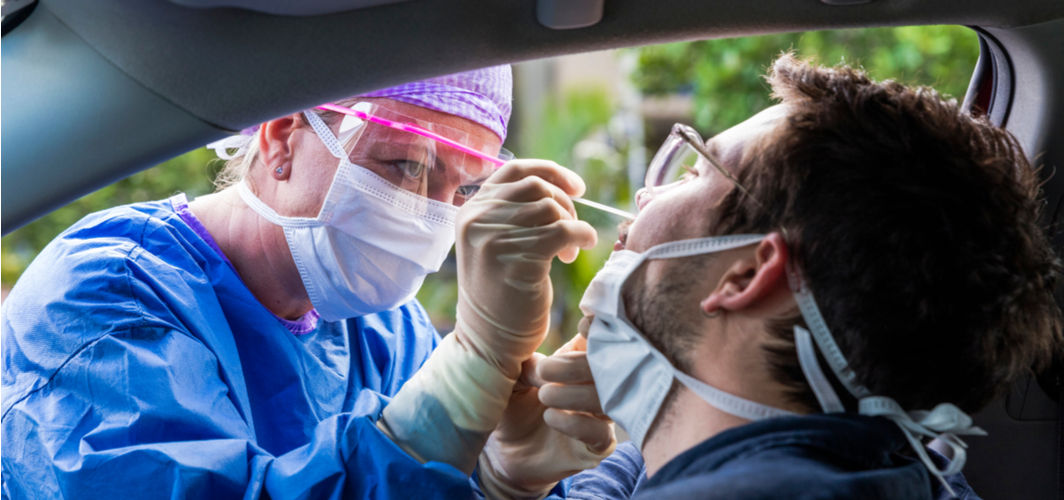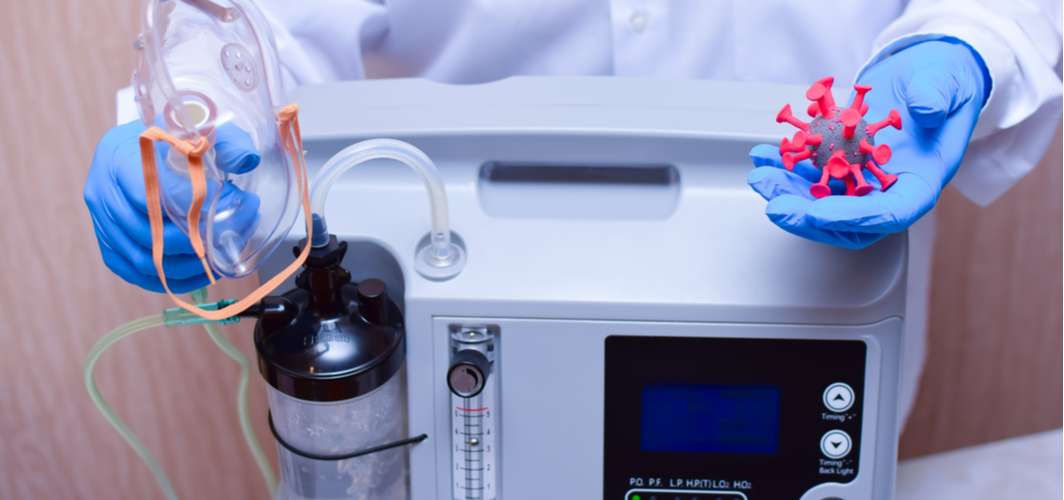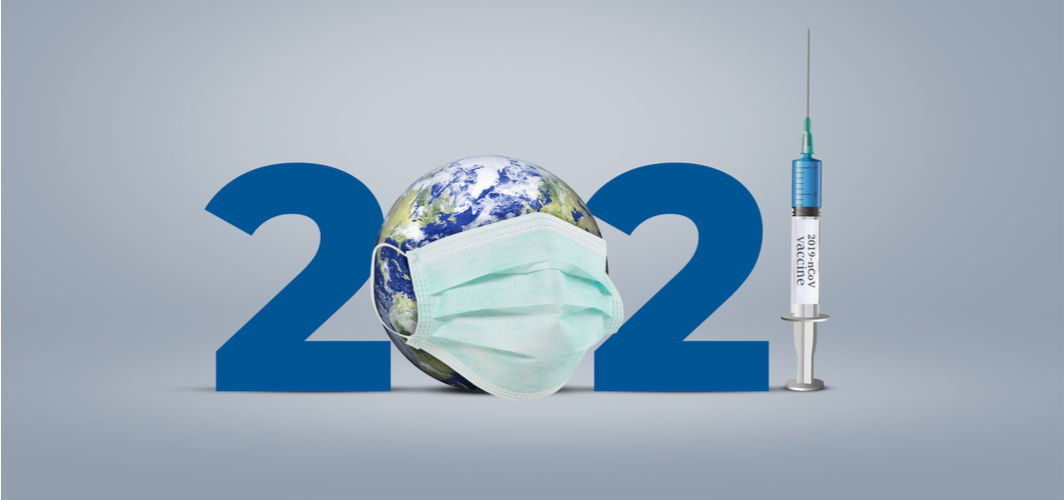Coronavirus Updates
How Do We Care for Our Pets During COVID-19?
4 min read
By Apollo 24/7, Published on - 28 May 2020, Updated on - 18 October 2022
Share this article
0
2 likes

Coronaviruses are a group of viruses that usually cause disease in mammals and birds. Some viruses in this family are found to be zoonotic, which means they can spread between animals and humans. Few viruses in this family have previously caused epidemics like Severe Acute Respiratory Syndrome (SARS) and Middle East Respiratory Syndrome (MERS). These viruses are known to have originated from animals like bats and camels. While novel Coronavirus which caused COVID-19 is similar to that of the Coronavirus in bats, the possible animal source for COVID-19 is not yet confirmed.
COVID-19 primarily spread through contact with droplets released by an infected person while either coughing or sneezing. It may also spread through contact with contaminated surfaces located in close vicinity of the infected person. There is a common saying that goes “There are two sides to a coin”. Going by this saying, it is crucial to know if COVID-19 can spread from either animals to humans or vice-versa.
Does Coronavirus spread from animals to humans?
Coronavirus disease (COVID-19) was first detected in China and has now spread across the world affecting lakhs of people. In its early days of detection, many of the COVID-19 patients had some link to seafood and live animal market in Wuhan, suggesting animal-to-human spread. However, as it spread to a larger number of cities, many COVID-19 patients reportedly did not have the exposure to animal markets, indicating person-to-person spread.
The New England Journal of Medicine (NEJM) recently published a study in which the transmission of COVID-19 virus was observed in cats. One cat was injected with COVID-19 virus and made to stay with another healthy cat. In a few days, the healthy cat was also infected with COVID-19 virus. However, experimentally induced infections are different from naturally occurring infections; hence this experiment may not represent the real picture. Based on this study some people may be curious to know if animals can spread COVID-19 virus to humans.
Research done till now has shown only a small number of animals being infected with COVID-19 virus. Instead, there have been many more cases (around 50 lakh globally) of humans being infected by COVID-19 virus. Besides, there is no evidence to prove that these few infected animals can transmit the infection to people.
However, it is a good idea to follow some healthy habits, in and around animals, to prevent the spread of infection. Some of these habits have been listed below:
- Wash your hands thoroughly with soap and water while handling animals, their food, or waste
- Practice good pet hygiene by cleaning and bathing them frequently
- Avoid close contact with stray animals
- It is advisable for people under higher risk of COVID-19 like the elderly, people with weak immune systems, and persons with previously existing diseases, to not tend to pets
- If your pet looks sick you need to take them to a veterinarian immediately. It is advisable to wear masks and gloves while handling them.
Does Coronavirus spread from humans to animals?
We are learning something about COVID-19 with each passing day. Even though the COVID-19 virus spreads primarily between person-to-person, in few cases, it can also spread to animals. The first case was observed in New York City, United States, where a tiger in a zoo had symptoms of respiratory illness.
According to the available reports, several dogs, cats, and ferrets, in contact with a COVID-19 patient, have also tested positive for COVID-19. It was even found that the chance of getting COVID-19 infection is lower in dogs as compared to the chance of infection in cats and ferrets. Based on a few other studies, it was observed that pigs, chicken, and ducks neither got infected nor spread COVID-19 infection.
What should we do if we have pets at home?
If we have pets at home, then there are few precautions advised by the World Health Organization (WHO) that are to be followed to keep them safe.
They are as follows:
- Do not let pets interact with either outside people or outside animals
- It is better to walk the dogs on leash, maintaining a safe distance of at least 6 meters from others
- Avoid both dog parks as well as public places as the risk of infection, maybe higher in such places.
If you are a COVID-19 patient, kindly undertake the following precautions:
- Avoid taking care of your pet. Assign another healthy family member to take care of the pet
- If you must care for your pet, kindly wear a mask and wash your hands both before as well as after interacting with the pet
- Avoid contact with your pet including petting, snuggling, being licked at, and sharing the bed with your pet.
Conclusion:
- The exact source of COVID-19 is not yet known. However, we know that other forms of Coronaviruses generally originates from an animal source
- With the limited information available so far, the risk of animals spreading the COVID-19 virus to humans is less
- It appears that in a few circumstances such as close contact, the COVID-19 virus may spread from humans to animals.
If you have any questions related to Coronavirus, you can consult our team of expert doctors through online doctor consultation.
Coronavirus Updates
Leave Comment
Recommended for you

Coronavirus Updates
When Should One Get Tested for COVID-19 in India?
You should get yourself tested for COVID-19 if you show any symptoms after undertaking international travel in the last 14 days, had any contact with people who tested positive for the virus, are a patient of SARS, or you are a healthcare worker.

Coronavirus Updates
Oxygen Concentrators: Everything You Need to Know
An oxygen concentrator is a device that provides supplemental oxygen to a patient with breathing issues. It works by filtering and concentrating oxygen from ambient air.

Coronavirus Updates
Can RT-PCR Tests Detect the Omicron Strain?
Fortunately, Omicron can be detected by certain RT-PCR tests being used all over the world, unlike other SARS-CoV-2 variants whose presence can be ascertained only through genetic sequencing.
Subscribe
Sign up for our free Health Library Daily Newsletter
Get doctor-approved health tips, news, and more.
Visual Stories

Covid-19 Updates: Are Things Getting Brighter?
Tap to continue exploring
Recommended for you

Coronavirus Updates
When Should One Get Tested for COVID-19 in India?
You should get yourself tested for COVID-19 if you show any symptoms after undertaking international travel in the last 14 days, had any contact with people who tested positive for the virus, are a patient of SARS, or you are a healthcare worker.

Coronavirus Updates
Oxygen Concentrators: Everything You Need to Know
An oxygen concentrator is a device that provides supplemental oxygen to a patient with breathing issues. It works by filtering and concentrating oxygen from ambient air.

Coronavirus Updates
Can RT-PCR Tests Detect the Omicron Strain?
Fortunately, Omicron can be detected by certain RT-PCR tests being used all over the world, unlike other SARS-CoV-2 variants whose presence can be ascertained only through genetic sequencing.